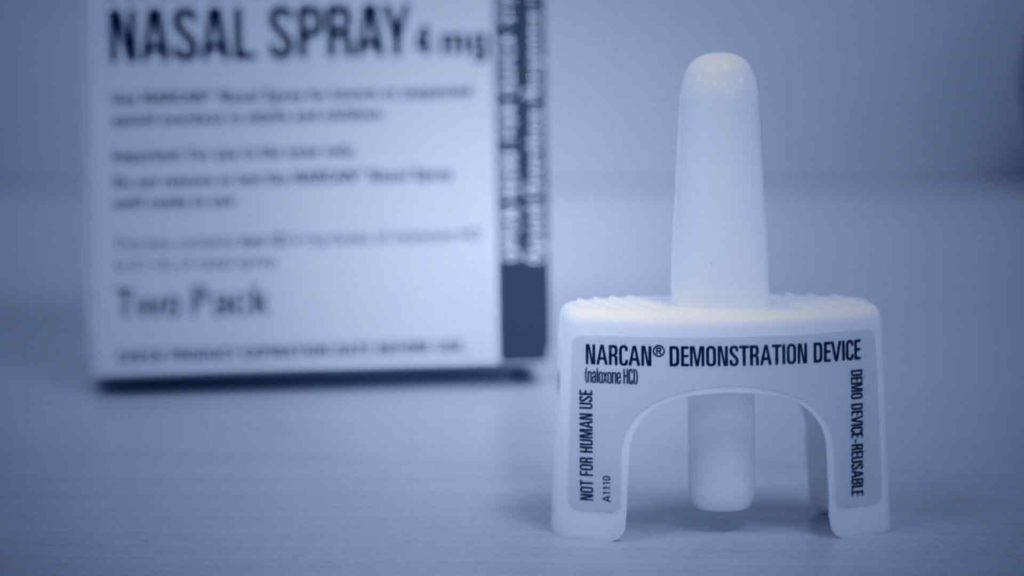
Why Not?
Editor’s Comment published in the Voice for the Defense February 2019
The chance of surviving an overdose, like any medical emergency, depends, in large part, on how quickly one receives medical care. In overdose situations people are often afraid to call 911, even when someone’s life is literally on the line, for fear of being arrested. Often, people are not alone when they overdose; there are others present who could call 911 for help but just don’t. Those people are very likely under the influence of drugs, too, and there is likely paraphernalia and perhaps additional drugs present—thus fueling the reluctance to call 911 and instead attempting any life-saving measures alone or just leaving the person overdosing to die.
While there is generally no preexisting legal duty to intervene in emergency situations, it can hardly be argued that Good Samaritan laws don’t serve a useful purpose. Indeed, Good Samaritan laws are aimed at encouraging people to call 911 in emergency situations by limiting or eliminating criminal penalties that may otherwise be associated with the situation. As of 2018, the District of Columbia and every state except Texas, Oklahoma, Kansas, Wyoming, and Maine had some version of an overdose Good Samaritan law.
Texas does have several Good Samaritan laws regarding substance use:
Minor in Consumption—Tex. Alc. Bev. Code Sec. 106.04(e)
Subsection (a) does not apply to a minor who:
(1) requested emergency medical assistance in response to the possible alcohol overdose of the minor or another person;
(2) was the first person to make a request for medical assistance under Subdivision (1); and
(3) if the minor requested emergency medical assistance for the possible alcohol overdose of another person:
(A) remained on the scene until the medical assistance arrived; and
(B) cooperated with medical assistance and law enforcement personnel.
Minor in Possession—Tex. Alc. Bev. Code Sec. 106.05(e)
Subsection (a) does not apply to a minor who:
(1) requested emergency medical assistance in response to the possible alcohol overdose of the minor or another person;
(2) was the first person to make a request for medical assistance under Subdivision (1); and
(3) if the minor requested emergency medical assistance for the possible alcohol overdose of another person:
(A) remained on the scene until the medical assistance arrived; and
(B) cooperated with medical assistance and law enforcement personnel.
Prescriber—Opioid Antagonists—Tex. Health &
Safety Code, Sec. 483.102(c)
A prescriber who, acting in good faith with reasonable care, prescribes or does not prescribe an opioid antagonist is not subject to any criminal or civil liability or any professional disciplinary action for:
(1) prescribing or failing to prescribe the opioid antagonist; or
(2) if the prescriber chooses to prescribe an opioid antagonist, any outcome resulting from the eventual administration of the opioid antagonist.
Pharmacist—Opioid Antagonists—Tex. Health & Safety Code, Sec. 483.103(c)
A pharmacist who, acting in good faith and with reasonable care, dispenses or does not dispense an opioid antagonist under a valid prescription is not subject to any criminal or civil liability or any professional disciplinary action for:
(1) dispensing or failing to dispense the opioid antagonist; or
(2) if the pharmacist chooses to dispense an opioid antagonist, any outcome resulting from the eventual administration of the opioid antagonist.
Administration of Opioid Antagonists—Tex.
Health & Safety Code, Sec. 483.106(a)
A person who, acting in good faith and with reasonable care, administers or does not administer an opioid antagonist to another person whom the person believes is suffering an opioid-related drug overdose is not subject to criminal prosecution, sanction under any professional licensing statute, or civil liability, for an act or omission resulting from the administration of or failure to administer the opioid antagonist.
Liability for Emergency Care—Tex. Civ. Prac. &
Rem. Code Sec. 74.151
A person who in good faith administers emergency care is not liable in civil damages for an act performed during the emergency unless the act is wilfully or wantonly negligent, including a person who:
(1) administers emergency care using an automated external defibrillator; or
(2) administers emergency care as a volunteer who is a first responder as the term is defined under Section 421.095, Government Code.
The idea with these laws, of course, is to encourage people to do the right thing, not to punish. This only makes sense.
In the same vein, in 2015, Texas unanimously passed Senate Bill 1462 creating the opioid antagonist laws. See Tex. Health & Safety Sec. 483.101, et. seq. I previously wrote about these laws in one of my comments after they went into effect. 45 Voice 6 (July/Aug. 2016)
What’s missing among Texas’ Good Samaritan-type of protections becomes glaring held against the backdrop of the most recent provisional statics from the CDC showing there were over 67,000 overdose deaths last year, with over 3,000 occurring in Texas. https://www.cdc.gov/nchs/nvss/vsrr/drug-overdose-data.htm (last visited 9/14/19). Unintended drug overdose deaths are preventable but are increasingly affecting every segment of our society. It seems a no-brainer, then, that Texas should join the majority of the country and enact an overdose Good Samaritan law. Why not?
